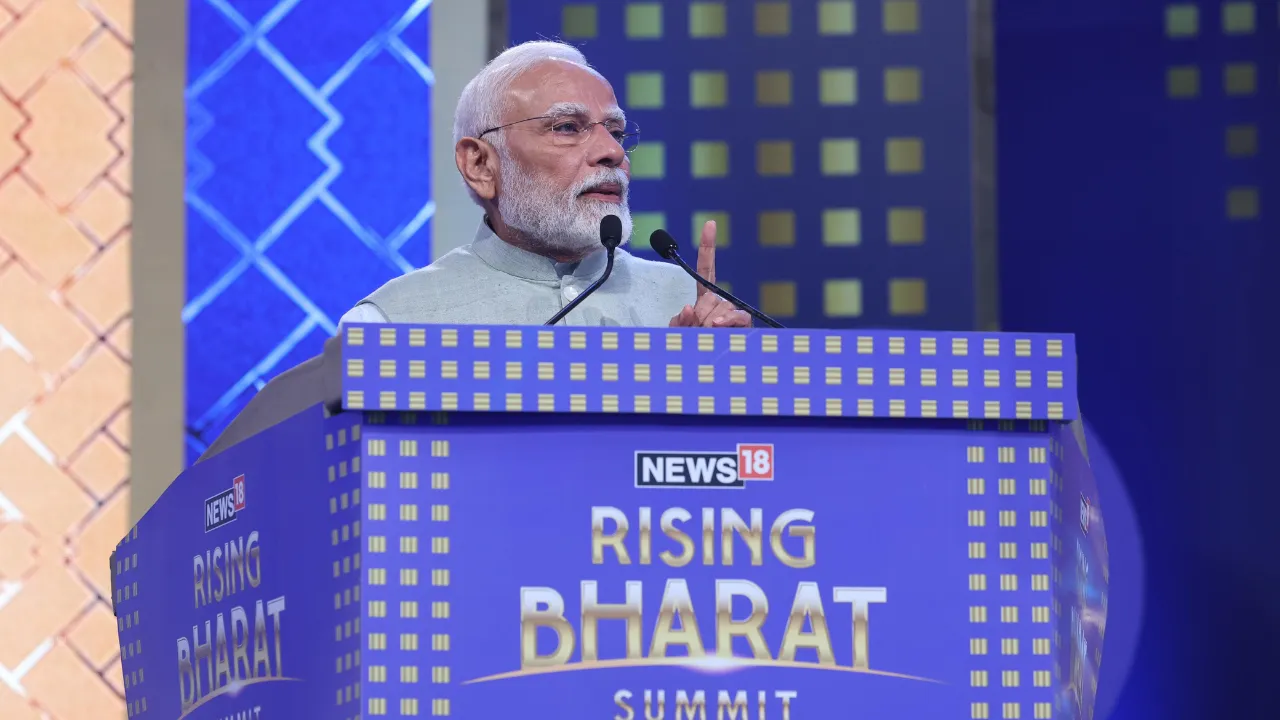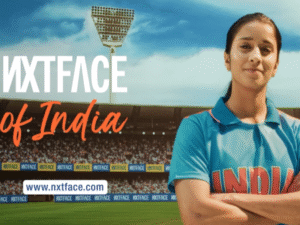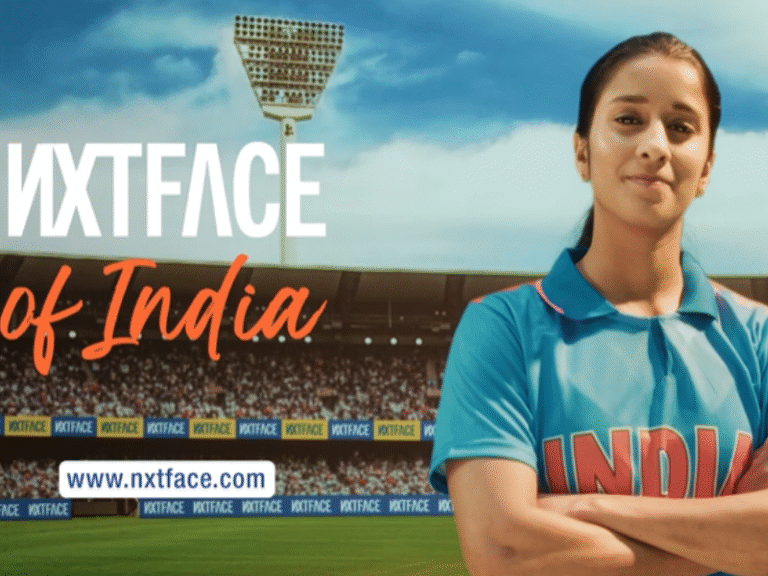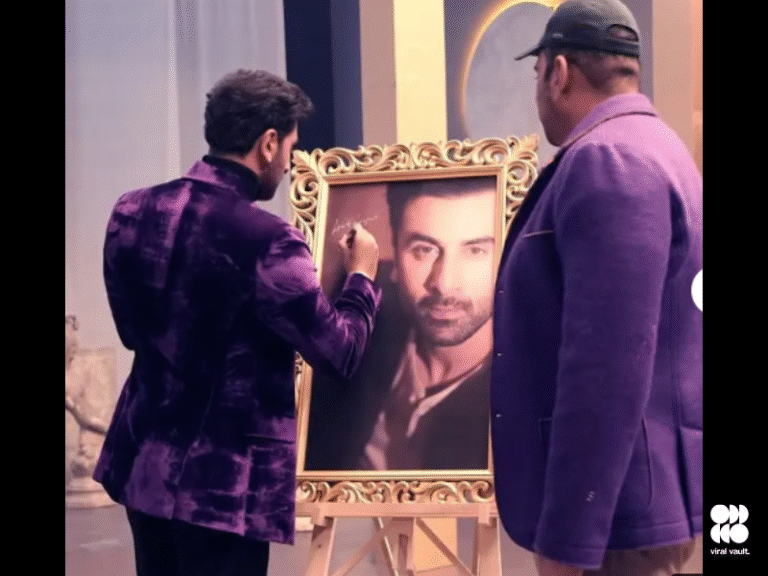Key Highlights from India’s Premier Policy Summit
The News18 Rising Bharat Summit 2025 concluded successfully in New Delhi, bringing together top government leaders, global experts, and industry pioneers to chart India’s roadmap toward becoming a developed nation by 2047. The summit, themed “Youthful Aspirations: Dream Big, Achieve More, Rise Together,” highlighted the critical role of India’s young population in driving national progress.
PM Modi Outlines Performance-Driven Governance
Prime Minister Narendra Modi delivered a powerful keynote address emphasizing development-focused policies. “The Waqf Amendment Bill ensures true social justice, ending appeasement and protecting Pasmanda Muslims from land mafias,” Modi stated. He highlighted his government’s first 100 days’ achievements, including:
- Tax relief for youth
- Major reforms in space, nuclear, and gig sectors
- Launch of the WAVES initiative to boost creativity
“India cannot afford delays; our progress must be driven by performance,” the Prime Minister emphasized.
Home Minister Addresses Delimitation Concerns
Union Home Minister Amit Shah addressed apprehensions regarding electoral delimitation during a candid Q&A session with Network18 Group Editor-in-Chief Rahul Joshi.
“I want to reassure our southern states that the delimitation process will be fair and proportionate,” Shah affirmed. He also discussed the revised Waqf Act, noting it “promotes transparency and protects the rights of the poor, particularly Muslim women.”
India’s Economic and Trade Strategy
Commerce Minister Piyush Goyal outlined India’s strategic approach to global trade relations, stating: “We remain committed to fair and balanced trade relationships.” He acknowledged recent challenges with US tariffs while emphasizing ongoing dialogue and new export opportunities guided by the ‘India First’ principle.
Foreign Policy Vision and Global Positioning
External Affairs Minister Dr. S. Jaishankar presented India’s evolving diplomatic stance. “We see opportunities even amid global uncertainties,” he remarked, highlighting:
- Early and strategic global engagements
- Progress on key trade deals with US and European partners
- Expanding relationships from the Gulf to Latin America
- Firm stance on national security issues
Expert Perspectives: India’s Economic Future
Columbia University economist Jeffrey D. Sachs offered a global perspective on India’s trajectory: “India is in a unique position; it must remain independent and avoid becoming entangled in geopolitical power plays.” He predicted India would become the world’s second-largest economy “not by imitation, but on its own terms.”
Technology and Infrastructure Development
Union Minister Ashwini Vaishnaw shared impressive statistics on India’s technological progress:
- 17% growth in manufacturing
- 20% increase in exports
- Creation of 2.5 million jobs
“This year, we will see India’s first indigenous semiconductor chip,” Vaishnaw announced, adding that India has “the talent and vision to lead” in artificial intelligence.
Road Safety and Accountability
Transport Minister Nitin Gadkari emphasized his commitment to accountability, sharing a personal anecdote: “When my vehicle was fined on the Bandra-Worli Sea Link, I paid the penalty.” He outlined plans to reduce toll burdens and cut road accidents by 50% through improved engineering and infrastructure.
Cross-Sectoral Participation
The summit featured an impressive roster of participants from diverse fields, including:
- Dhananjaya Y. Chandrachud, former Chief Justice of India
- Scott Kelly, Former NASA Astronaut
- Aravind Srinivas, Co-Founder of Perplexity AI
- Olympic gold medallist Abhinav Bindra
- Børge Brende, President of the World Economic Forum
- Bollywood stars Sunny Deol and Kajol












